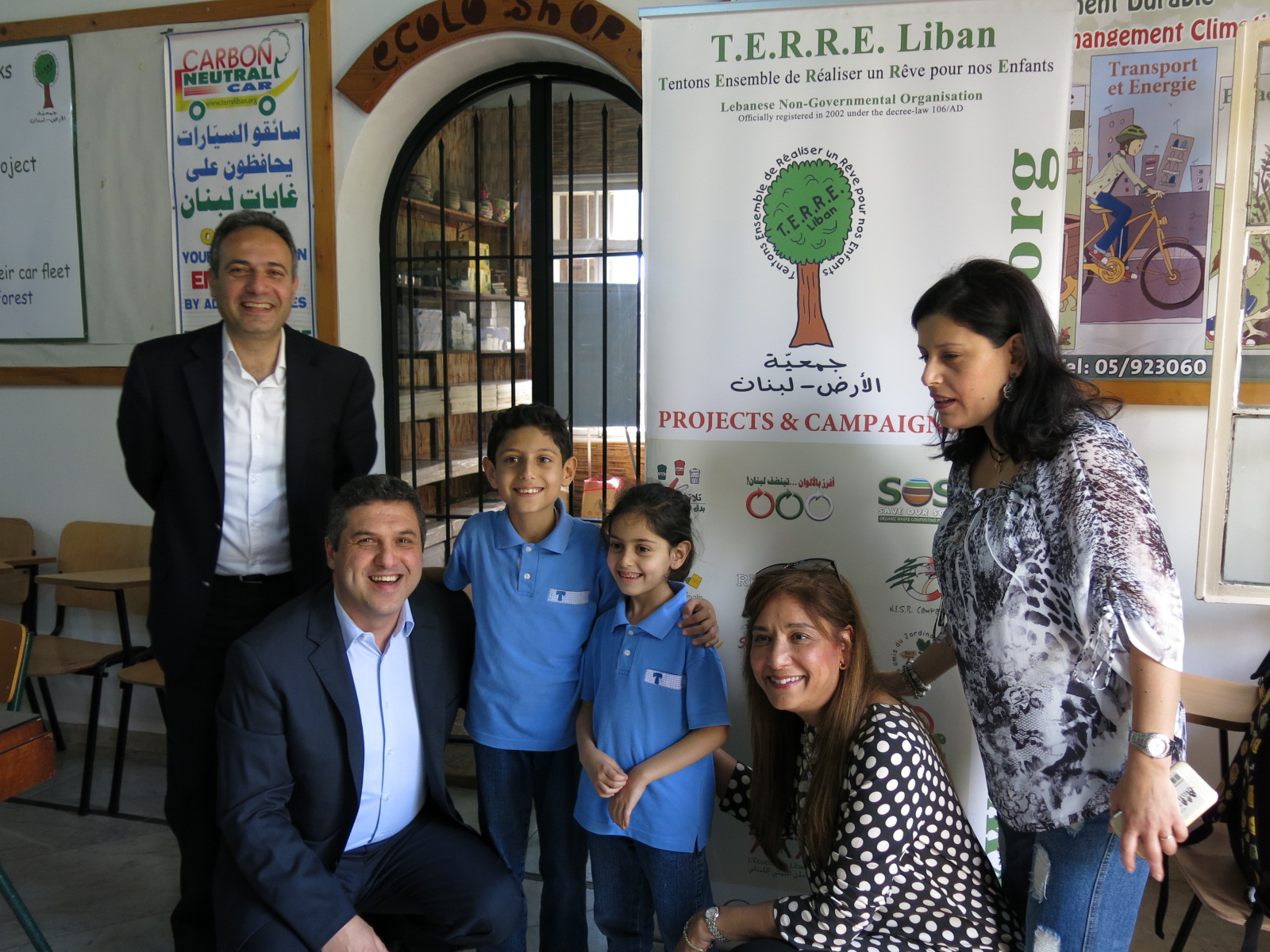Lebanon is a country rich in biodiversity, with a complex eco-system. However, spillover from the civil war in Syria has had a profound impact, resulting in natural resource over-use and degradation.
While Lebanon’s civil society is considered among the most vibrant in the Middle East, the efficacy of its civil society organizations (CSOs) to help meet these increased demands or influence decision makers has been limited.
One such example is T.E.R.R.E. Liban, a small family-run organization dedicated to the creation and implementation of environmental preservation and education projects. Since 1995, they have cleaned beaches along the shoreline and promoted the importance of recycling in schools. However, it was unable to have long-term impact and financial sustainability.
Our USAID-funded project, Building Alliances for Local Advancement, Development and Investment – Capacity Building (BALADI CAP), works to help CSOs like T.E.R.R.E. Liban and municipalities assist the government in addressing the war’s negative impacts.
Through its participation in our project’s intensive two-year program, T.E.R.R.E. Liban has strengthened many organizational procedures and conducted long-term strategic planning for the first time.
It is now a key leader in the environmental and solid waste management movement. It has also positioned itself as a legacy institution that will continue to lead advocacy efforts after project close-out.
MSI has worked with more than 50 civil society organizations to build capacity through training and other support, particularly in the areas of internal governance, financial management and monitoring and evaluation.
